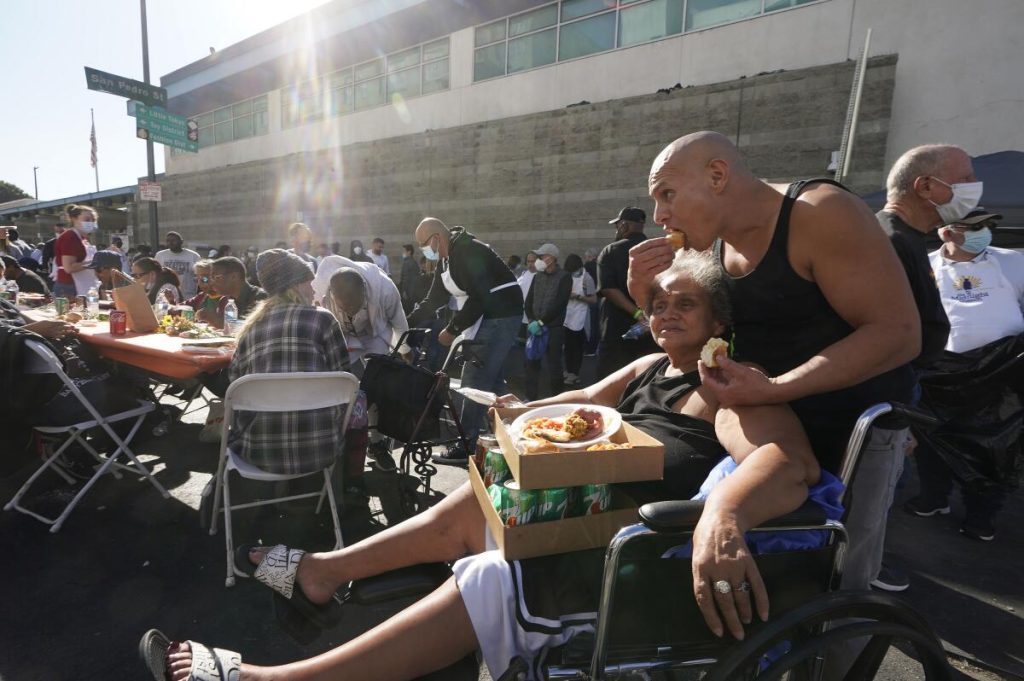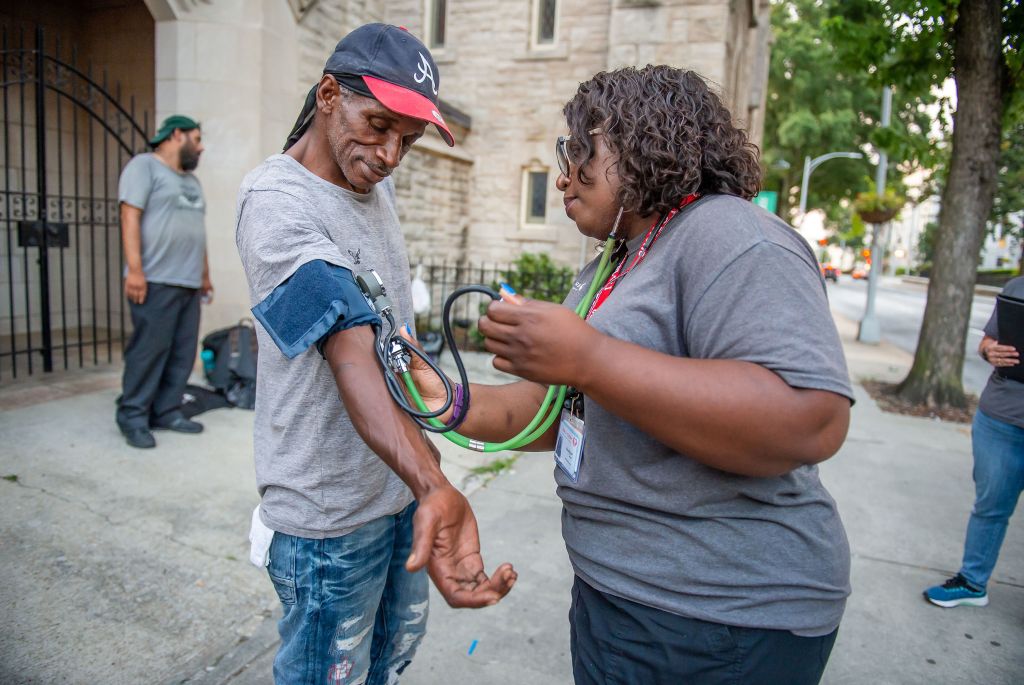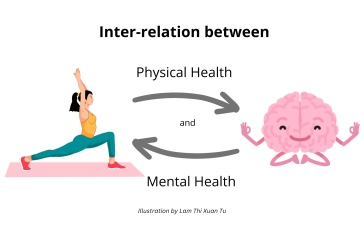Access to healthcare is a fundamental human right, yet many homeless individuals face significant barriers when seeking medical care. Improving healthcare access for the homeless requires a multifaceted approach that addresses their unique challenges and needs. This article explores strategies to enhance healthcare access for homeless populations, focusing on integrated care models, mobile clinics, mental health support, and policy changes.
Homelessness is a complex issue that affects millions of people worldwide, often leading to severe health disparities. Homeless individuals are more likely to suffer from chronic illnesses, mental health disorders, and substance abuse, yet they face numerous obstacles in accessing healthcare. These barriers include lack of transportation, financial constraints, and discrimination. Addressing these challenges is essential to ensure that homeless populations receive the care they need to improve their health and quality of life.
1. Integrated Care Models: Combining Services for Holistic Care
One effective strategy to improve healthcare access for the homeless is to implement integrated care models that combine medical, mental health, and social services in one location.
Benefits of Integrated Care
Integrated care models provide a holistic approach to healthcare, addressing not only the physical health needs of homeless individuals but also their mental health and social support requirements. By offering a range of services under one roof, these models reduce the need for multiple appointments and travel, making it easier for homeless individuals to access comprehensive care.
Examples of Successful Integrated Care Programs
Programs like the Health Care for the Homeless (HCH) projects in the United States have demonstrated the effectiveness of integrated care. These programs offer medical, dental, mental health, and substance abuse services, as well as case management and housing support. By addressing the full spectrum of needs, HCH projects have improved health outcomes and reduced hospital admissions among homeless populations.

2. Mobile Clinics: Bringing Healthcare to the Streets
Mobile clinics are another innovative solution to improve healthcare access for the homeless, providing medical care directly to where homeless individuals live and congregate.
Advantages of Mobile Clinics
Mobile clinics overcome many of the barriers that homeless individuals face, such as lack of transportation and accessibility to healthcare facilities. These clinics are equipped with medical supplies and staffed by healthcare professionals who can provide a range of services, from primary care to preventive screenings and vaccinations.
Impact of Mobile Clinics on Homeless Health
Mobile clinics have been successful in reaching homeless populations who might otherwise go without care. Programs like the Mobile Health Clinics Association (MHCA) have reported significant improvements in health outcomes, including better management of chronic conditions and increased vaccination rates. By meeting homeless individuals where they are, mobile clinics play a critical role in reducing health disparities and improving overall health.
3. Mental Health Support: Addressing Psychological Needs
Mental health issues are prevalent among homeless populations, making it crucial to integrate mental health support into healthcare services for the homeless.
Challenges of Mental Health Care for the Homeless
Homeless individuals face high rates of mental health disorders, such as depression, anxiety, and post-traumatic stress disorder (PTSD). These conditions are often exacerbated by the stresses of homelessness, yet accessing mental health care can be challenging due to stigma, lack of resources, and fragmented services.
Strategies for Improving Mental Health Support
To improve mental health support for the homeless, it is essential to integrate mental health services into primary care settings and mobile clinics. Providing training for healthcare providers on trauma-informed care and cultural competence can also enhance the quality of mental health care. Additionally, peer support programs and community-based initiatives can help reduce stigma and encourage homeless individuals to seek help.
4. Policy Changes: Creating a Supportive Environment
Effective policy changes are necessary to create a supportive environment that facilitates healthcare access for the homeless.
The Role of Government and Policy Makers
Governments and policymakers play a crucial role in improving healthcare access for homeless populations. Policies that increase funding for homeless healthcare programs, expand Medicaid and other health insurance options, and support affordable housing initiatives can significantly impact the health of homeless individuals.
Examples of Effective Policies
Policies like the Affordable Care Act (ACA) in the United States, which expanded Medicaid eligibility, have improved healthcare access for many low-income and homeless individuals. Similarly, Housing First policies, which prioritize providing stable housing before addressing other needs, have shown success in improving health outcomes and reducing healthcare costs.
Conclusion
Improving healthcare access for the homeless requires a comprehensive approach that addresses the unique challenges they face. Integrated care models, mobile clinics, enhanced mental health support, and supportive policies are all critical components of a strategy to ensure homeless individuals receive the care they need. By implementing these solutions, we can work towards reducing health disparities and improving the quality of life for homeless populations. Ensuring that everyone, regardless of their housing status, has access to healthcare is a vital step towards a more equitable and compassionate society.






